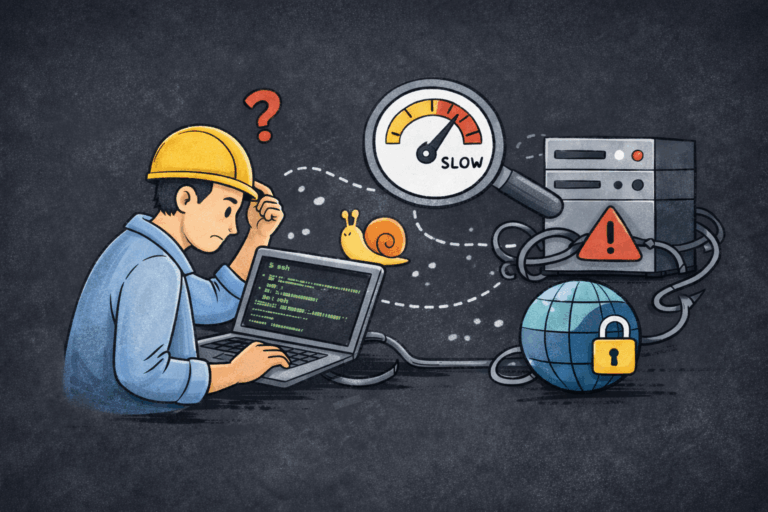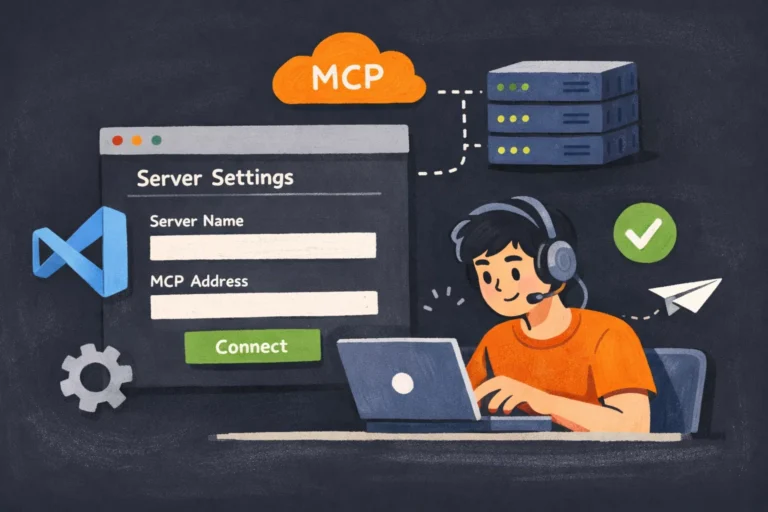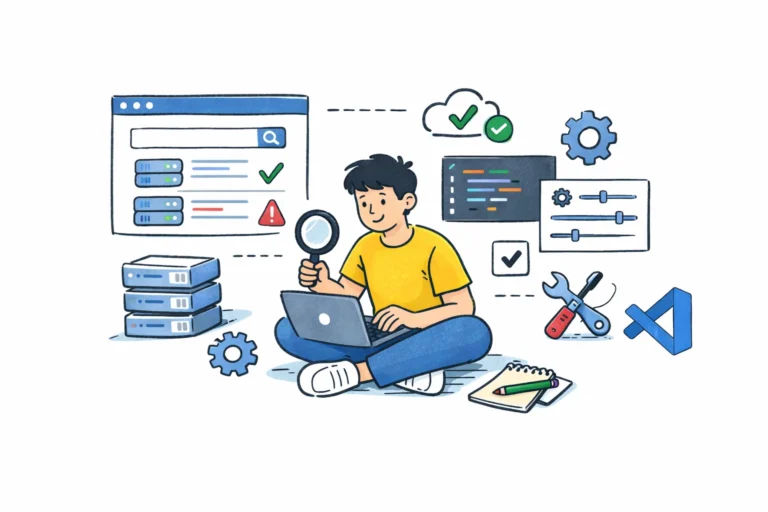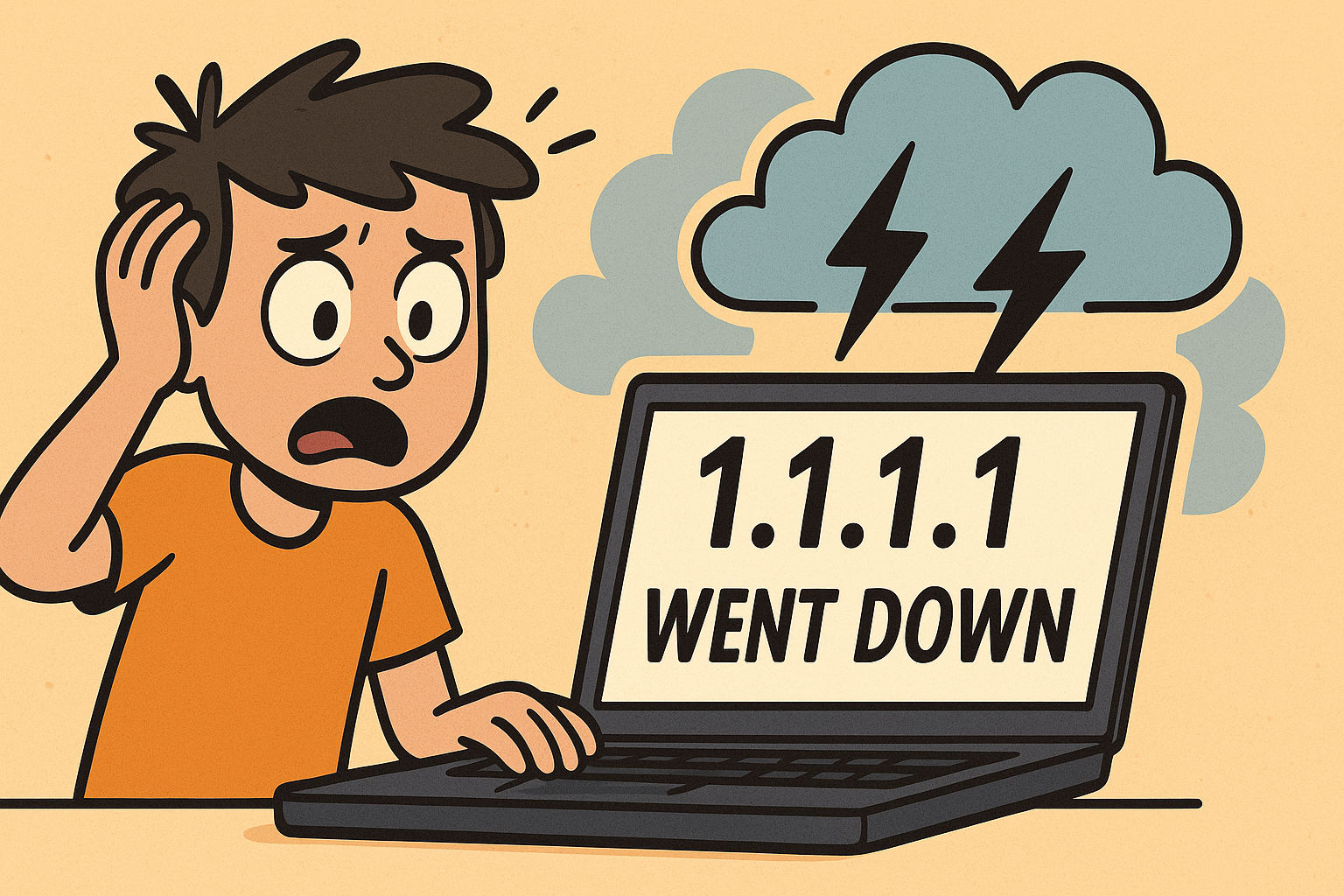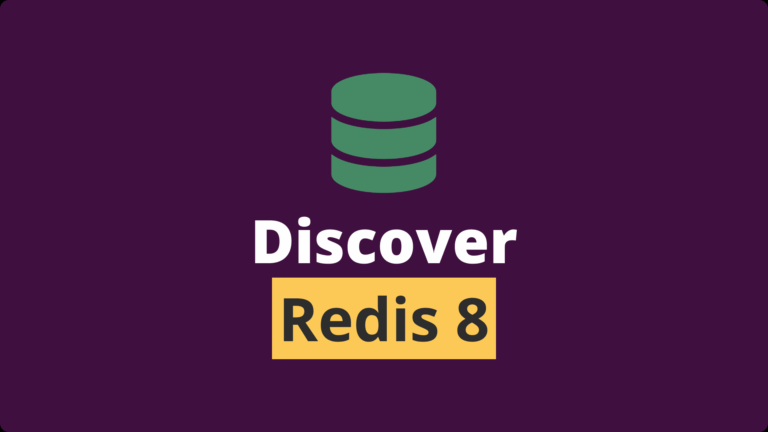Behind the Scenes: What Happens When You Enter Google.com?

It is perhaps the most frequent action on the internet: typing google.com into a browser and hitting Enter. While it feels instantaneous, this simple action triggers a complex cascade of events spanning networking protocols, hardware routing, and browser rendering engines.…


